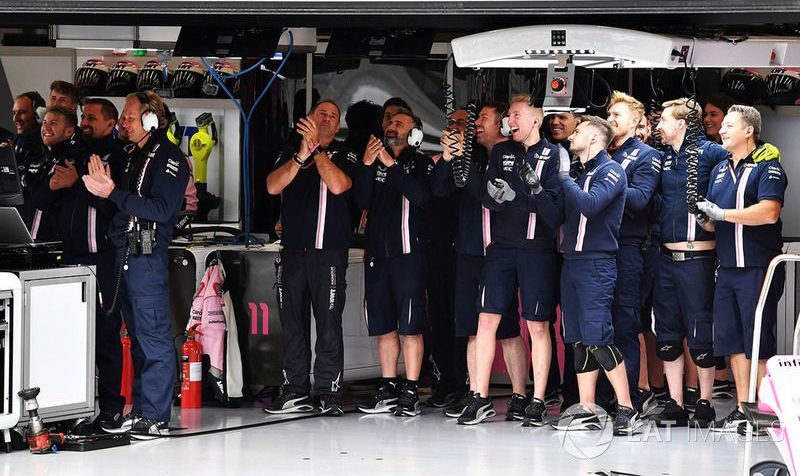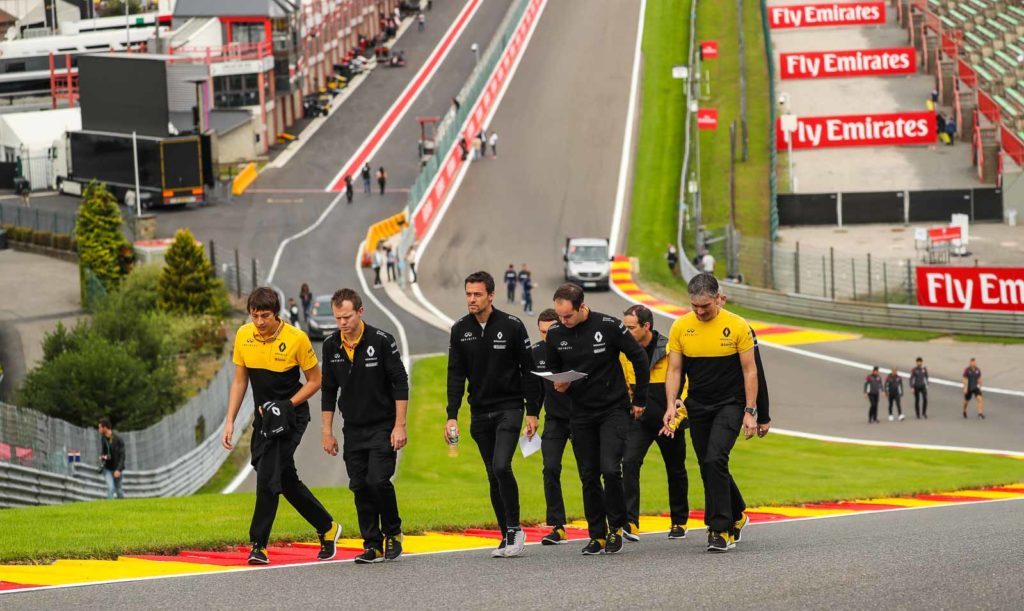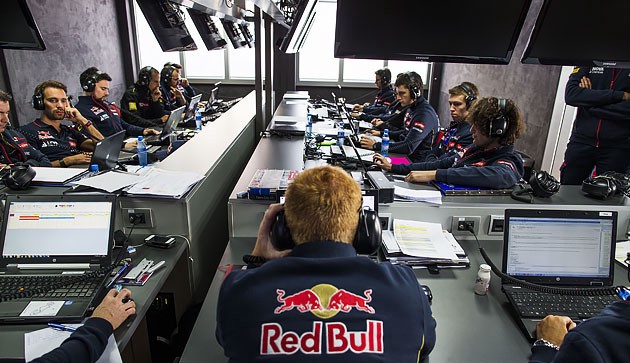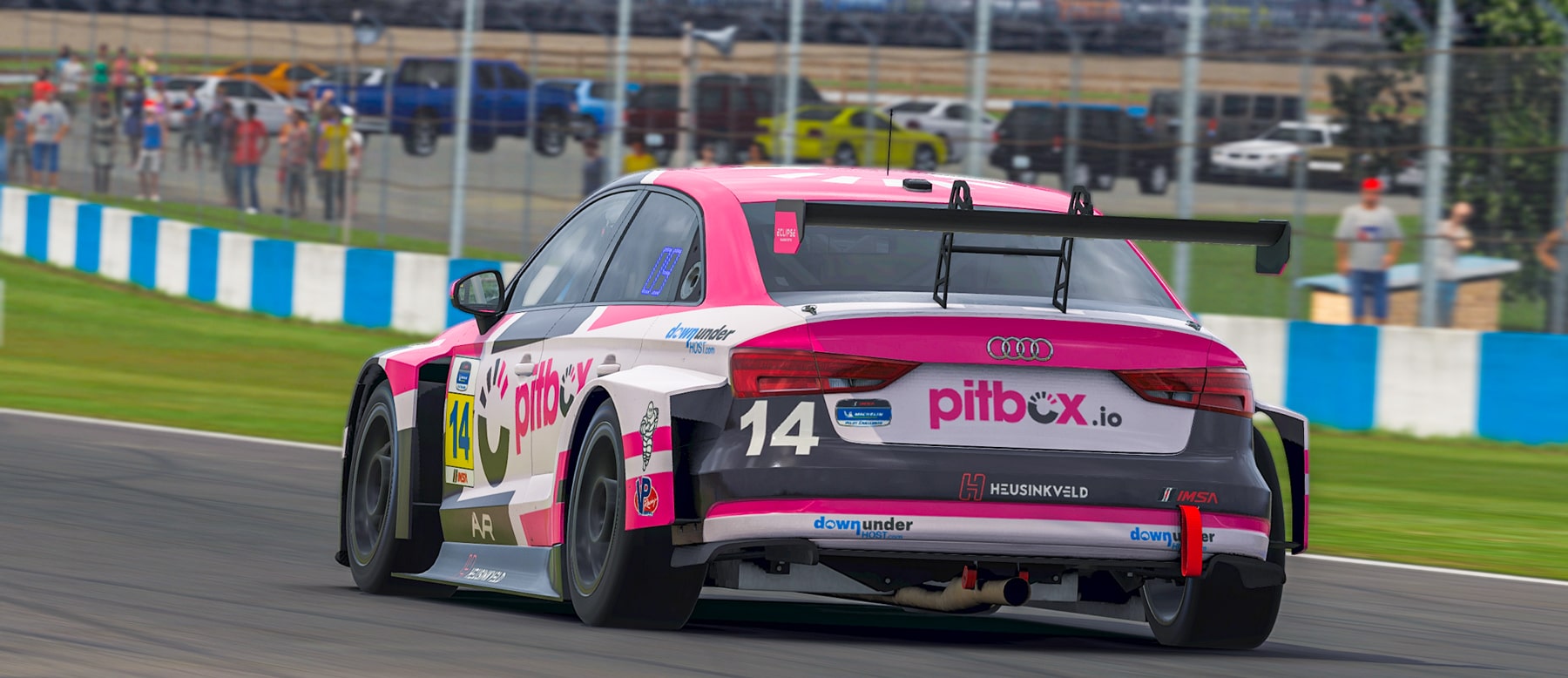Motorsport is an expensive sport. I’m not the first person to say it, and I certainly won’t be the last. The Mercedes Formula One team spent US$425M in 2019 alone, to field two cars in 21 races throughout the year, and many national touring car championships (BTCC, DTM, Australian Supercars) have budgets well in excess of US$1,000,000. Categories will typically go through cycles of extreme spending, followed by cost cutting, which is typically driven by teams leaving the sport as it is no longer financially viable.
Take DTM as an example; in the 1990’s spending exploded and was out of control. It forced a reset for the category in 2000, which led to simpler cars and lower costs of competition. Slowly over the years costs have risen again, as a technology war has taken over. Now, in 2020 BMW is the only remaining manufacturer, and DTM faces a steep challenge to rise back to the world renowned touring car category it once was.
Cost cutting has been a hot topic for many years now, but it is important we understand where the costs lie in Motorsport, before making large scale changes. This is particularly important now as the COVID-19 pandemic grips the world. Category leaders have the perfect opportunity to make considered changes for continuity or face the dire consequences if they don’t.
People
Motorsport is a team sport. A large proportion of the Mercedes F1 teams spend in 2019 was in employing an estimated 1000 people. Furthermore, flying 10% of these people around the world to attend testing and race events, as well as accommodating and feeding them is a significant cost to going racing. Typically 30-50% of a race team’s budget can be associated with human resource and the related travel expenditure.
If COVID-19 taught everybody one thing, it is that working from home is viable, and it can be just as productive as working from an office! Organisations around the world have been busy tooling up to be able to work remotely and collaboratively, and not be bound by geographic location.
Can motorsport learn from other industries? Is remote working possible? Of course Mechanics and Drivers will still need to be physically at the track, but what about Engineers, Marketing, Team Managers, Admin and Operations?

Esports is a recent and important example of how Engineers and Drivers can collaborate and communicate from afar. Technology is such that Engineers can have all the information they need at their fingertips, and be virtually present by means of a constant video conference to the race team garage/truck. While likely a controversial idea, it is something that should be considered especially with current travel restrictions and social distancing measures in place, not to mention the now ever present threat of another pandemic breakout.
Technology
From disc brakes to radial tyres, carbon monocoques and seamless shift transmissions, the motorsport world has contributed many technological advances to the road car industry, improving both the safety and performance of the cars we drive on the road. It was one of the reasons manufacturers competed; to prove they had superior technology to their rivals. Motorsport was always at the forefront of the technology frontier, generally only being outpaced by the aerospace industry.
Industry 4.0, the current industrial revolution, primarily concerns mobiles devices, smart sensors, Internet of Things (IoT) and big data analytics. The one common aspect of all of these components – data. Motorsport is now data driven, not only from the embedded sensors on the cars themselves, but also the collation and analysis of data across cweather data, drivers feedback, car setup parameters and tyre data.
 Like in Corporate and Enterprise, innovation is starting to occur as teams move this data off paper and out of excel spreadsheets into the cloud and in applications fit for purpose. By having better access to all data sets (historical, current and predictive data), the ability to leverage and analyse data from many years and using this to enhance real time decision making will be what gives motorsport teams and car manufacturers alike a competitive advantage in the future. For motorsport teams this decreases the time to optimal performance, which means either less testing is required (decrease in costs) or the same amount of testing leads to even better performance (decrease in the cost per point scored, or cost per lap time saved).
Like in Corporate and Enterprise, innovation is starting to occur as teams move this data off paper and out of excel spreadsheets into the cloud and in applications fit for purpose. By having better access to all data sets (historical, current and predictive data), the ability to leverage and analyse data from many years and using this to enhance real time decision making will be what gives motorsport teams and car manufacturers alike a competitive advantage in the future. For motorsport teams this decreases the time to optimal performance, which means either less testing is required (decrease in costs) or the same amount of testing leads to even better performance (decrease in the cost per point scored, or cost per lap time saved).
Efficiency in Operation
Motorsport teams are a great example of what teamwork is; a group of people skilled in their individual areas, with huge trust in their teammates as they work tirelessly toward the common goal of winning races. However there is one key component that is underutilised compared to many other industries – collaboration. The discussion point earlier regarding moving data off dinosaur platforms such as Microsoft Excel, Email and even paper is the starting point for collaborative work. With this data in the cloud, two engineers can be working simultaneously, from different locations, analysing the previous event and preparing for the next one in sync. Drivers and engineers can debrief together, having access to all the required data and documentation as if they were together.

The natural evolution from here is to have automated work processes and data analytics on a teams bank of data, helping to find trends, spot anomalies and make suggestions based on previous decision making processes. Some of the most intelligent minds live in various pitlanes around the globe, and we need to ensure these people spend less time analysing data, and more time creating solutions to optimise the race cars performance – and not by using gut feel!!
But how does this save costs? By taking the leg work out of an engineers pre and post event workflow, there are two paths teams can take. One of course is to require less work from engineers, in turn saving cost. However, of greater benefit would be utilising the engineering departments newfound free time to more efficiently optimise the race car, again decreasing the cost per point scored, or cost per lap time saved.
Alternate Revenue Streams
Instead of looking at cutting costs out of the sport, can we instead look at increasing cash flow into the industry. Debates and analysis around the snowball effect of declining sponsorship dollars and television audiences are well documented elsewhere, but we will explore one avenue in line with the data driven motorsport theme of this blog.
Research and Development, past experiences and captured information, all of which is represented by the teams data, is what creates the teams competitive advantage over its rivals. This is the race teams intellectual property, and is what drives the valuation of a race team as a business. However, what if we could commoditise this in one of two ways, it would allow teams to further utilise their largest asset, their IP.
One opportunity is for a team to sell their data to their competition if they are exiting a championship they compete in. They no longer need to hide any secrets, and if they have been winning races rival teams will want to get their hands on this data. This will only further improve the results and recommendations of the previously mentioned analytical models running over the data, as there is now a wider pool of data with more variables to work with.
 Alternatively, the ability to sell and/or trade data with a race team from a completely different category. Take for example BTCC and WTCR – both utilise hatchbacks with relatively little aerodynamics, with a similar power output, weight and tyre. Some BTCC cars even share the same front-wheel drive (FWD) configuration. It therefore makes sense that the data (driver feedback, weather, car setup, onboard sensors) that a BTCC team with a FWD car is relevant to a WTCR team. Treated as a related dataset, this can further enhance our decision making algorithms we have working for us behind the scenes. Collaboration at a data level is equally as important as collaboration at a human level.
Alternatively, the ability to sell and/or trade data with a race team from a completely different category. Take for example BTCC and WTCR – both utilise hatchbacks with relatively little aerodynamics, with a similar power output, weight and tyre. Some BTCC cars even share the same front-wheel drive (FWD) configuration. It therefore makes sense that the data (driver feedback, weather, car setup, onboard sensors) that a BTCC team with a FWD car is relevant to a WTCR team. Treated as a related dataset, this can further enhance our decision making algorithms we have working for us behind the scenes. Collaboration at a data level is equally as important as collaboration at a human level.
To finish up
We are living in an age where data is critical to success, and those in the motorsport industry who can embrace this will profit (quite literally) in the long run. Teams must be bold, and accept the challenges of remote working, and streamlining operations. By ensuring all of the data they capture is utilised, and exploring the ever evolving world of artificial intelligence to help guide their data analytics and decision making will both offer a chance to increase efficiency, decrease costs, and more importantly maintain or even increase their competitiveness without spending anymore money. Data driven motorsport is the future.
